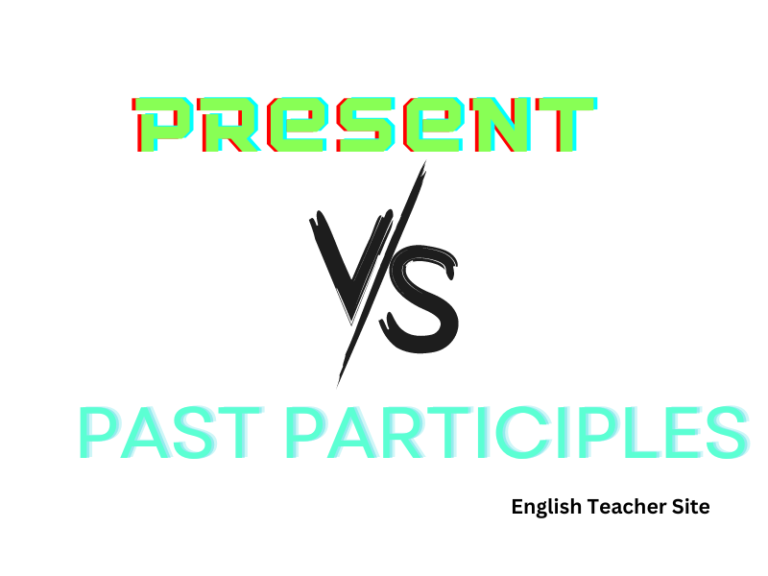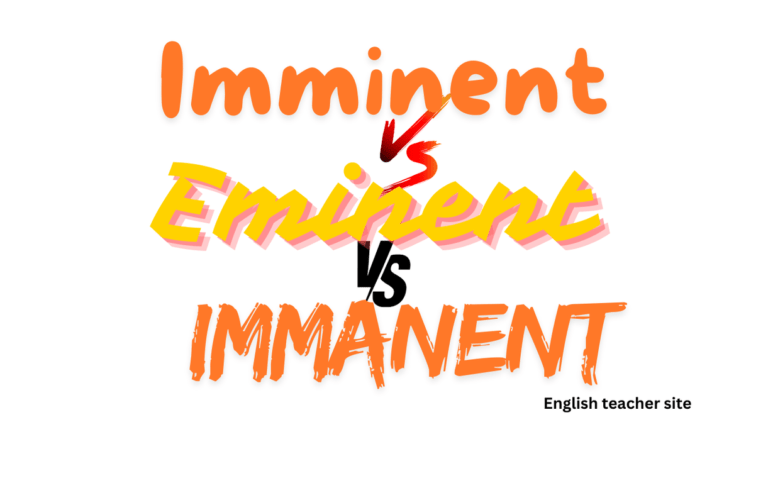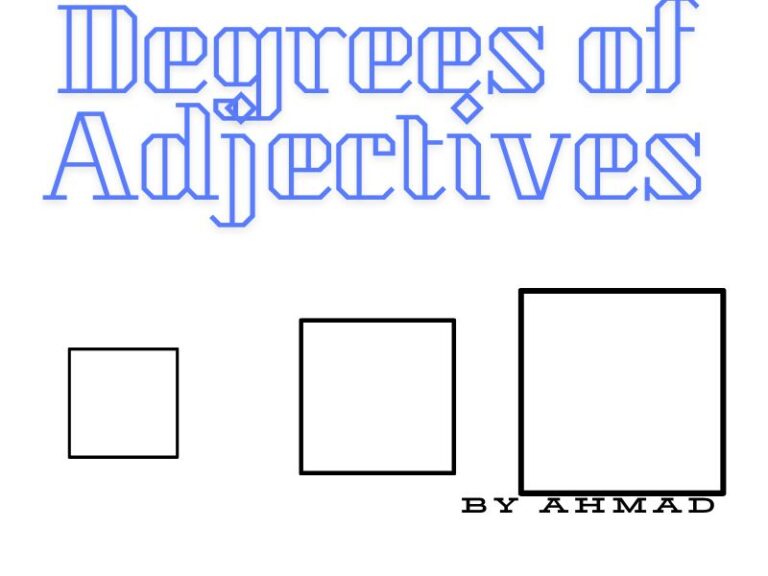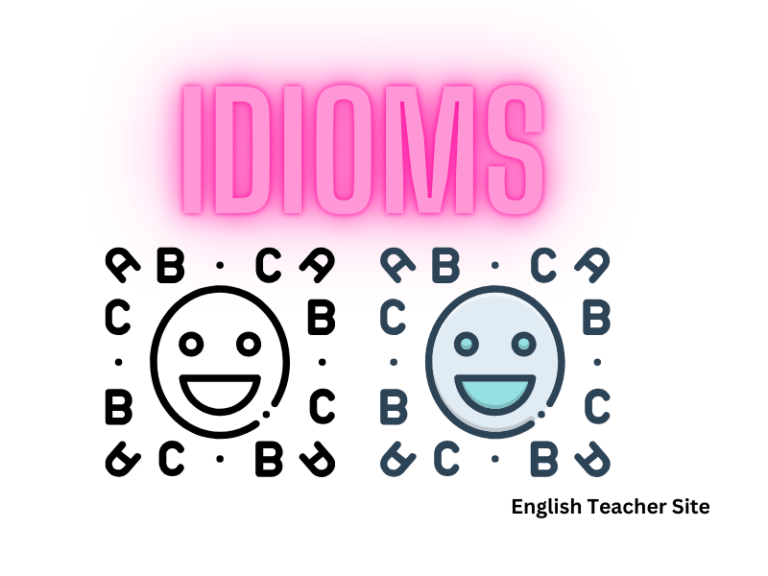Principle and Principal: Understanding the Difference and Usage
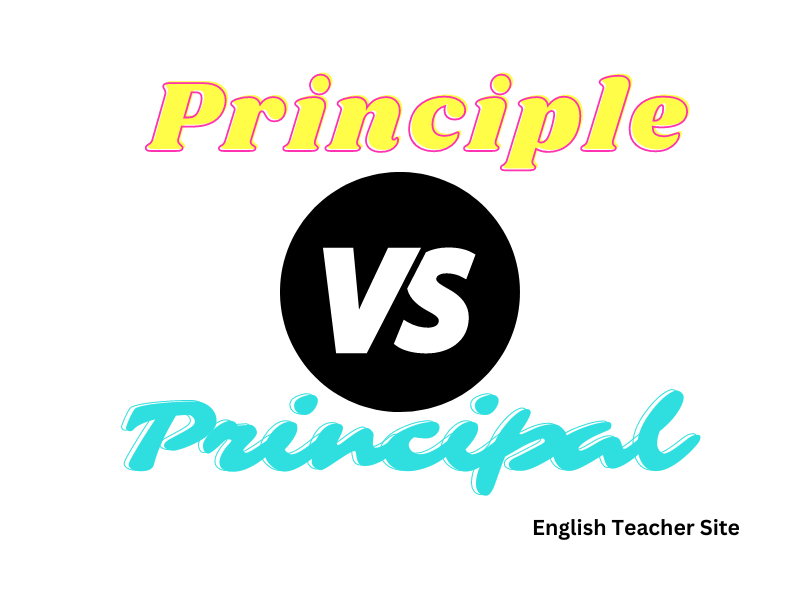
- “Principal” can be a noun or adjective, signifying a primary figure or element.
- “Principle” is a noun representing a foundational truth or standard.
- Mnemonics can aid in remembering the correct usage of these homophones.
On the other hand, “principle” is solely a noun, representing a fundamental truth, law, or standard that serves as the foundation for a system of belief or behavior. This term traces back to the Latin “principium,” indicating a beginning or foundation. Understanding these distinctions is not just a matter of spelling but also grasping the subtle shades of meaning conveyed in writing. A helpful mnemonic to differentiate them is to remember that your school “principal” is your “pal,” and “principle” contains the word “rule,” reflecting its meaning relating to laws or truths.
Principle vs. Principal Usage Guidelines
When distinguishing between “principle” and “principal,” it’s essential to understand not only their definitions but also their appropriate contexts.
Distinguishing the Difference
“Principle” refers to a fundamental truth, law, or doctrine, and it functions strictly as a noun.
- Example of ‘principle’ in a sentence:
- She stood by her principles, even when it was difficult to do so.
“Principal,” on the other hand, can either be a noun or an adjective. As a noun, it typically refers to a person who holds a high position, like the head of a school. As an adjective, it relates to something that is primary or of the greatest importance.
- Examples of ‘principal’ in a sentence:
- As a noun: The students admired their principal for his fairness.
- As an adjective: The principal reason for the change in policy was due to safety concerns.
To illustrate the usage guidelines, two tables contrasting “principle” and “principal” in their respective roles are helpful:
| Role | Principle | Principal |
|---|---|---|
| Noun Only | Denotes a fundamental truth or ethical guideline | Refers to the head of a school or person in authority |
| Adjective | Not applicable (does not serve as an adjective) | Indicates primary or of chief importance |
Using bullet points can further clarify typical contexts for each word:
Principle:
- Ethical standards or beliefs
- A law or theory that underlies a system of thought
Principal (as a noun):
- The leader of a school
- The lead party in a transaction
Principal (as an adjective):
- The main component of a mixture
- The foremost investor in a business venture
When remembering whether to use “principle” or “principal,” consider the ending of each word:
- For “principle,” the “-ple” ending could remind you of the word “moral” — both terms relate to rules and laws.
- For “principal,” the “pal” at the end can be remembered through the mnemonic “the principal is your ‘pal’,” indicating a person.
Here is an additional markup to indicate the usage of these terms in bold:
- Always act in accordance with your principles.
- The principal led the school to national acclaim.
- One’s health should be of principal concern.
Remember, whether you’re using “principle” or “principal,” context is key.Principles can guide behavior and decisions, while principals often make important decisions or represent primary causes or actors in various scenarios.
Principle vs. Principal Insights
The English language is teeming with words that sound similar but have different meanings, often causing confusion among learners. Two such words are “principle” and “principal.” Their pronunciation is identical, making them homophones, yet they serve distinct roles in sentences.
Principle is used exclusively as a noun and commonly represents a fundamental truth, law or the ethical rules of conduct. Conversely, principal can function as both a noun and an adjective. As a noun, it refers to a leading figure or the main sum of money in a financial transaction. When used as an adjective, it denotes the primary or most significant attribute of something.
Here are two tables that encapsulate the core distinctions:
Table 1: Principle as a Noun
| Usage | Example |
|---|---|
| Ethical Rule | She always stands by her principles. |
| Foundational Concept | The basic principles of physics are critical to understanding more complex theories. |
Table 2: Principal as a Noun and Adjective
| Usage | Example |
|---|---|
| Noun (Person in charge) | The principal of the school announced the new policy today. |
| Noun (Finance) | The principal amount of the loan needs to be repaid before the interest. |
| Adjective (Most important) | The principal reason for his success is his dedication to his work. |
Consider these bullet points as quick takeaways:
- A principle is a steadfast belief or rule one adopts.
- A principal, when a person, is the head of a school.
- As an adjective, principal describes something of primary importance.
In summary, while both “principle” and “principal” contribute to the richness of the English language, their usage is distinct and non-interchangeable.
Principle Sentence Examples
When discussing the word “principle,” it’s crucial to understand its use as a noun referring to fundamental truths, laws, or ethical guidelines.
Demonstrating Principle in Context
To effectively communicate the usage of “principle,” let’s observe it in action through different sentence constructs.
Fundamental Truths or Laws:
- In science, the principle of gravity explains why objects fall towards the earth.
- Ethical guidelines often derive from the principle that one should do no harm.
General Scientific or Philosophic Rule:
| Sentence Example | Principle Demonstrated |
|---|---|
| The principle of relativity has transformed physics. | A scientific rule affecting how objects behave |
| He argued on the principle that all men are created equal. | A philosophic concept shaping social belief |
Guiding Rule or Standard:
- Their policy is based on the principle of fairness for all employees.
- Following environmental principles, they reduced their carbon footprint.
Moral or Ethical Standard:
- She refused to compromise her principles by accepting the bribe.
- The charity operates on the principle of transparency.
Economic Theories or Practices:
- The principle of supply and demand influences market prices.
- Profit should not be the only principle guiding corporate decisions.
Principal Sentence Examples
In distinguishing between ‘principle’ and ‘principal,’ it is crucial to note that ‘principal’ can function both as a noun and an adjective.
Showcasing Principal in Use
When used as a noun, ‘principal’ often refers to a person in authority or to the original sum of money in a financial transaction. As an adjective, ‘principal’ describes something that is of primary importance.
Table 1: Principal as a Noun
| Sentence | Explanation |
|---|---|
| The principal of the school announced the new policy during assembly. | Here, ‘principal’ refers to the head of the school. |
| She paid off the interest without reducing the principal of the loan. | In this sentence, ‘principal’ refers to the original amount of the loan. |
Table 2: Principal as an Adjective
| Sentence | Explanation |
|---|---|
| The principal reason for the delay was the unforeseen weather conditions. | ‘Principal’ here means the main or most important reason. |
| The principal violinist received accolades for his performance. | In this context, ‘principal’ is used to signify the leading or chief violinist in a group. |
Additionally, consider these bullet-point examples where ‘principal’ appears in different contexts:
In a financial context:
- Never forget that the principal balance is distinct from the interest accrued.
- Her investment strategy is focused on protecting the principal while earning dividends.
As a descriptor of importance:
- He acted as the principal architect of the international agreement.
- The principal witness’s testimony was crucial for the case.
Synonyms for Principle
In exploring the English language, one will discover that “principle” embodies a concept of foundational belief or a rule that guides behavior or thought.
Alternative Expressions for Principle
Below are two tables highlighting these alternative terms. The first table lists synonyms that signify a general truth or rule, while the second table features words more closely aligned with doctrines or ethical stances.
Table 1: Synonyms Denoting General Rules or Truths
| Standards | Laws | Bases |
|---|---|---|
| Criterion | Regulation | Foundation |
| Axiom | Dictum | Proposition |
| Tenet | Canon | Ground |
Table 2: Synonyms Related to Doctrines or Ethics
| Beliefs | Values | Precepts |
|---|---|---|
| Dogma | Ethic | Maxim |
| Doctrine | Conviction | Rule |
| Philosophy | Theory | Code |
- Criterion and axiom emphasize the concept of a principle as a universally accepted standard or self-evident truth.
- Ethic and conviction reflect the moral dimensions principles often possess.
Additionally, one might encounter terms like tenet and doctrine in contexts relating to specific sets of beliefs, such as in religious or philosophical systems. It is these foundational elements that provide a coherent structure upon which further knowledge and ethical practice are built.
Synonyms for Principal
This word can function as an adjective or a noun, and its synonyms vary accordingly. The nuances of these synonyms can help clarify meaning and enhance language.
Alternative Terms for Principal
Principal as a term carries significant weight, denoting importance or leadership across various domains. Depending on the context, varied terms can be used interchangeably with “principal.”
| Context | Alternative Terms |
|---|---|
| General | Main, chief |
| Financial | Primary, capital |
| Educational | Headmaster/mistress, school leader |
Synonyms for Principal as an Adjective
When utilized as an adjective, “principal” indicates the most important, significant, or primary attribute or role in a particular scenario. Here are some specific synonyms when “principal” is serving as an adjective:
- foremost
- leading
- chief
- paramount
Synonyms for Principal as a Noun
The noun form of “principal” often refers to a person with the highest authority within an organization, especially in an educational context.
- headmaster/headmistress
- school leader
- superintendent
For a business or legal setting, where “principal” may refer to the primary party or amount in a financial transaction, options could include:
- owner
- stakeholder
- capital
Principle Origin Exploration
The term is derived from the Latin word principium, which means a beginning, foundation, or source. It signifies a fundamental truth or proposition that serves as the foundation for a system of belief or behavior. Principles are often seen as the cornerstones upon which knowledge and ethical systems are built.
Etymological Table for “Principle”
| Origin Language | Latin Word | Meaning |
|---|---|---|
| Latin | principium | Beginning, source |
Examples of “Principle” in Disciplines
- Philosophy: The fundamental truths that guide reasoning and inquiry.
- Science: Basic laws or assumptions forming the foundation of theories.
- Ethics: Foundational moral values that guide behavior.
In literature, educational materials, and academic discussions, the notion of principles remains central. Texts often refer to the fundamental principles of a subject to relay its foundational concepts.
- Literature: Themes that drive the narrative’s moral compass.
- Education: Rules or guidelines that underpin teaching methods or learning practices, such as those found in the principles of child development and learning.
Child Development Principle: Importance of play in learning and development is a key principle in early education, as it supports the growth of symbolic and problem-solving skills in children.
Principal Origin Exploration
Exploring the origin of the word “principal” reveals its multifaceted journey through language and usage. The term originates from the Latin “principalis,” which means “first in importance” or “chief.” This root reflects the word’s enduring association with primacy and leading status.
Principal’s Transition Through Languages:
| Latin (principalis) | Early French (principal) | Middle English (principal) |
|---|---|---|
| First in importance | Chief, foremost | Chief, most important |
In historical contexts, “principal” has been used to denote the foremost individual in various hierarchies, such as the head of an educational institution or the primary party in a financial transaction.
Primary Definitions:
- Education: The head of a school or other educational institution.
- Finance: The original sum of money lent or invested, before interest.
Principal in Modern Usage:
| Context | Usage | Example |
|---|---|---|
| Education | Title for the head of a school. | She was appointed the new principal of the high school. |
| Finance | Original sum of money in a transaction. | He paid off the principal on the loan first. |
| Architecture | Describing the main elements of a structure. | The principal beams support the entire weight of the roof. |
The versatility of “principal” reflects its robust roots, adapting to various contexts while maintaining its core meaning of prominence and importance.
Source
Harper, Douglas. “Etymology of principal.” Online Etymology Dictionary, https://www.etymonline.com/word/principal
Harper, Douglas. “Etymology of principle.” Online Etymology Dictionary, https://www.etymonline.com/word/principle
My name is Khamis Maiouf. I am the creator of the English Teacher Site, dedicated to providing valuable resources and insights for students around the world. With a passion for education and a commitment to helping students enhance their skills, I aim to make English teaching more effective and enjoyable for both educators and students.

